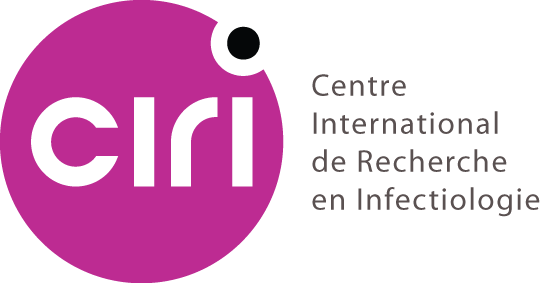Intragenomic conflicts with plasmids and chromosomal mobile genetic elements drive the evolution of natural transformation within species
Résumé
Natural transformation is the only mechanism of genetic exchange controlled by the recipient bacteria. We quantified its rates in 786 clinical strains of the human pathogens Legionella pneumophila (Lp) and 496 clinical and environmental strains of Acinetobacter baumannii (Ab). The analysis of transformation rates in the light of phylogeny revealed they evolve by a mixture of frequent small changes and a few large quick jumps across 6 orders of magnitude. In standard conditions close to half of the strains of Lp and a more than a third in Ab are below the detection limit and thus presumably non-transformable. Ab environmental strains tend to have higher transformation rates than the clinical ones. Transitions to non-transformability were frequent and usually recent, suggesting that they are deleterious and subsequently purged by natural selection. Accordingly, we find that transformation decreases genetic linkage in both species, which might accelerate adaptation. Intragenomic conflicts with chromosomal mobile genetic elements (MGEs) and plasmids could explain these transitions and a GWAS confirmed systematic negative associations between transformation and MGEs: plasmids and other conjugative elements in Lp, prophages in Ab, and transposable elements in both. In accordance with the hypothesis of modulation of transformation rates by genetic conflicts, transformable strains have fewer MGEs in both species and some MGEs inactivate genes implicated in the transformation with heterologous DNA (in Ab). Innate defense systems against MGEs are associated with lower transformation rates, especially restriction-modification systems. In contrast, CRISPR-Cas systems are associated with higher transformation rates suggesting that adaptive defense systems may facilitate cell protection from MGEs while preserving genetic exchanges by natural transformation. Ab and Lp have different lifestyles, gene repertoires, and population structure. Nevertheless, they exhibit similar trends in terms of variation of transformation rates and its determinants, suggesting that genetic conflicts could drive the evolution of natural transformation in many bacteria.
Domaines
Sciences du Vivant [q-bio]
Fichier principal
 Mazzamurro.PlosB.24.transformation_conflict_MGE.pdf (1.97 Mo)
Télécharger le fichier
Mazzamurro.PlosB.24.transformation_conflict_MGE.pdf (1.97 Mo)
Télécharger le fichier
| Origine | Publication financée par une institution |
|---|---|
| licence |


